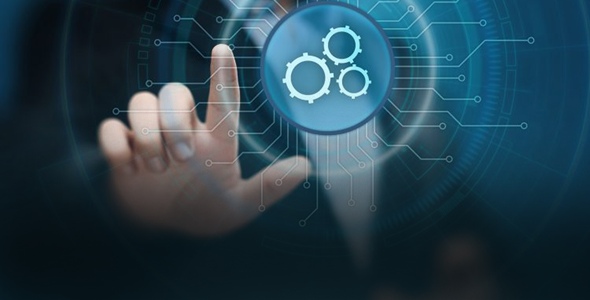
@ShahidNShah


Cybercrimes are on the rise across the Internet and the healthcare sector is certainly no different in terms of the risks. This is why storing patient data in a confidential manner is extremely important. Let us take a look at some effective practices as well as what benefits such methods entail. In-house training is arguably one of the most important steps. Medical staff should be properly educated in regard to how data should be stored, collated and shared. Even simple mistakes can lead to serious security concerns, so this ground-up strategy will be quite effective.
Who will be provided with proprietary access to private patient data? Management needs to create layered access control points so that only specific individuals can retrieve sensitive information. While SSL encryption is a powerful tool, other methods such as two-factor authentication are equally valuable to employ. As this article observes, the majority of healthcare facilities will employ third-party software to store data. The only issue here is that these packages may become corrupted over time. Viruses, phishing programs and malware are three common examples.
Regularly checking for systemic errors can help to identify, quarantine and eliminate any threats that may be present. In the same respect, it is wise to avoid working with lesser-known software providers.
Continue reading at electronichealthreporter.com
Physician burnout is at epic levels, and one of the biggest contributors is the burden of completing EHR documentation, which physicians work on during clinic, after hours, and in their homes. Now, an …
Connecting innovation decision makers to authoritative information, institutions, people and insights.
Medigy accurately delivers healthcare and technology information, news and insight from around the world.
Medigy surfaces the world's best crowdsourced health tech offerings with social interactions and peer reviews.
© 2025 Netspective Foundation, Inc. All Rights Reserved.
Built on Apr 30, 2025 at 4:13am